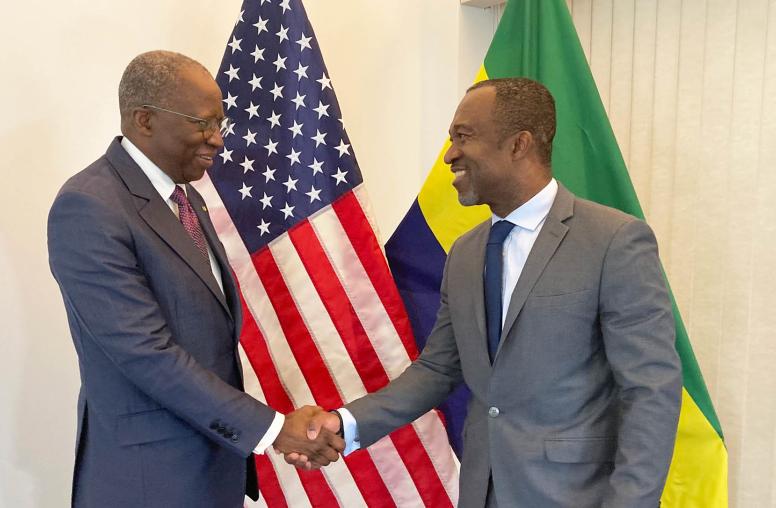Congressional Newsmaker Series: A Conversation with Sen. Peter Welch (D-VT)
Authoritarianism is on the rise in Central and South America, and stability is fragile in the Western Balkans. Regional and global security are on the line in kinetic conflicts in Europe and the Middle East. Meanwhile, the interconnected challenges of climate, environment and conflict are on display around the world. These dynamics have broad implications for the globe and for U.S. foreign policy in an era of growing strategic rivalry.
On December 4, USIP hosted a conversation with Sen. Peter Welch (D-VT) exploring his views on critical foreign policy issues, including stability in the Western Balkans, rising authoritarianism in Central and South America, Russia’s war in Ukraine, and the conflict in the Middle East.
Continue the conversation on social media using the hashtag #USIPNewsmaker.
Speakers
Lise Grande
President and CEO, U.S. Institute of Peace
Senator Peter Welch (D-VT)
U.S. Senator from Vermont


